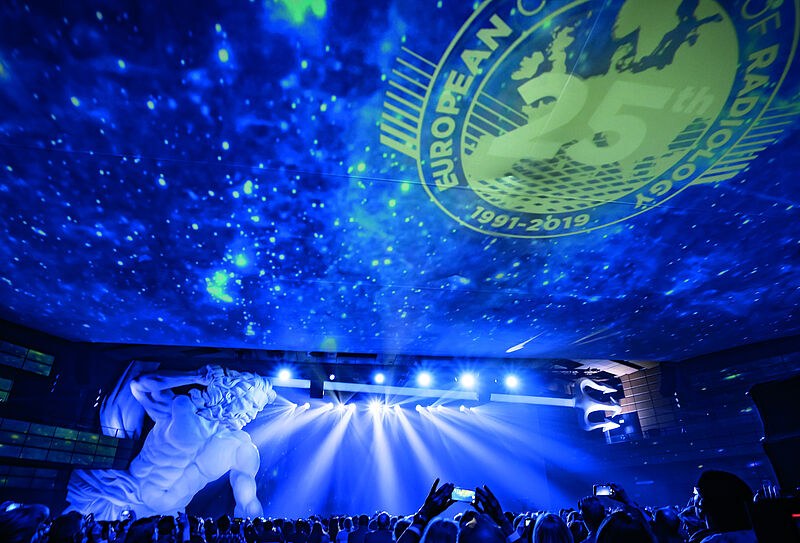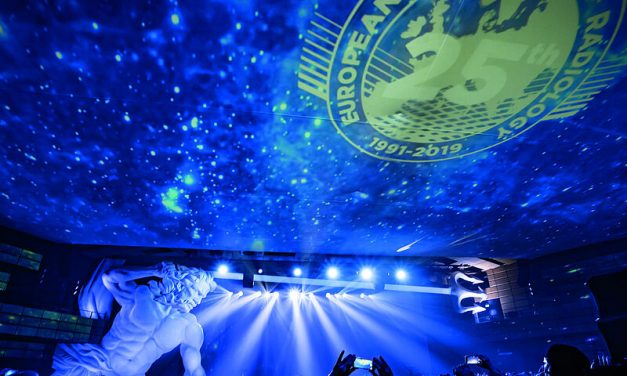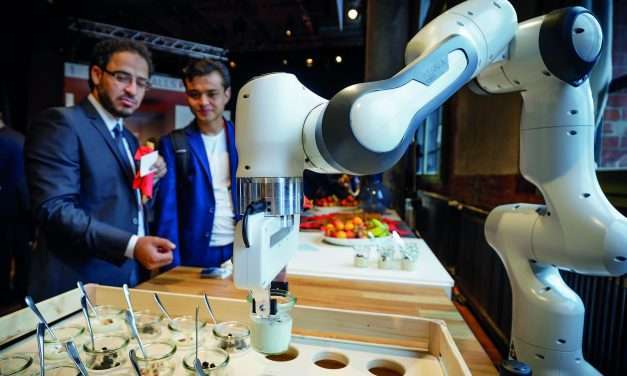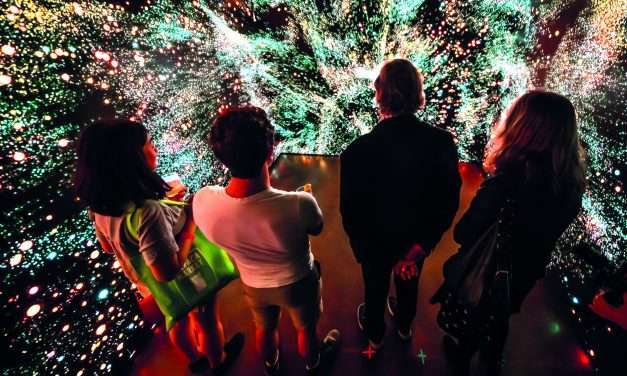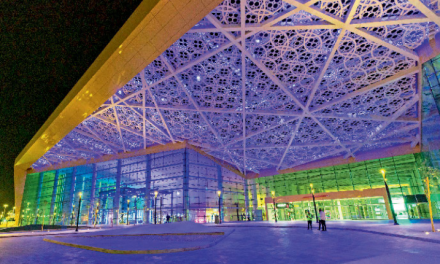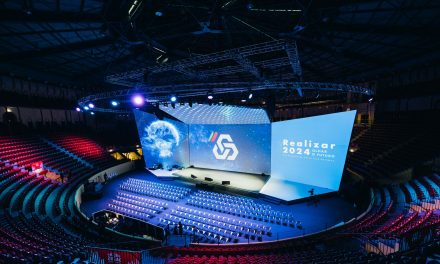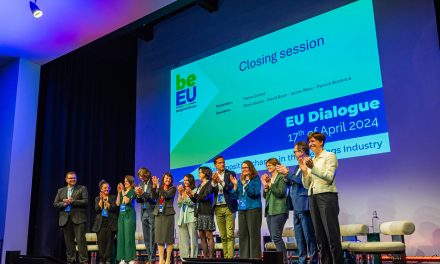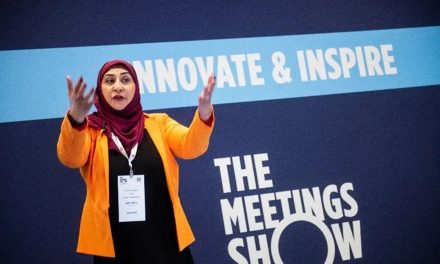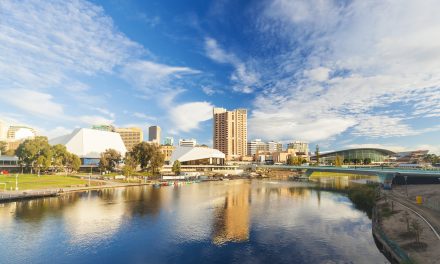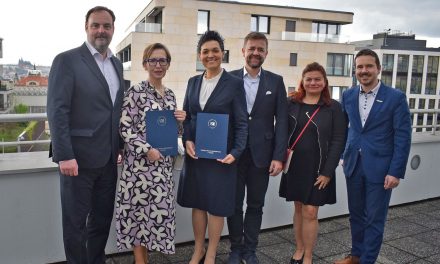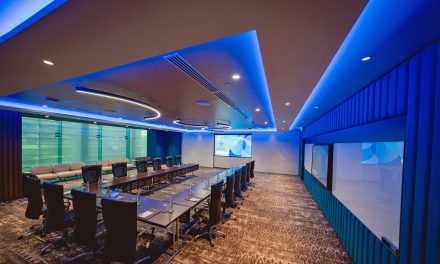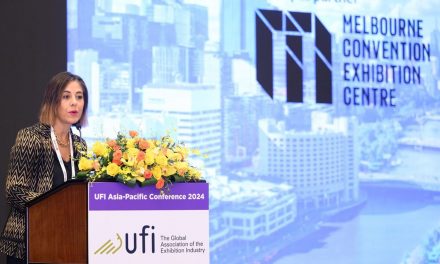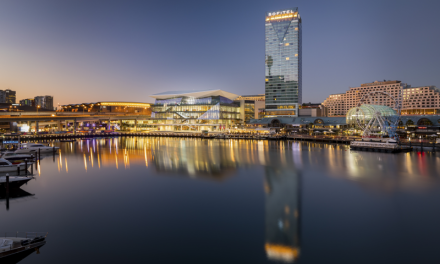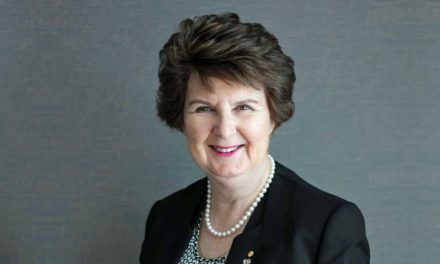With feeling. Emotional experiences create lasting memories. This is the outcome of a joint research project by the German Convention Bureau, Fraunhofer IAO and EVVC, the European Association of Event Centres. The study on the “Future Meeting Space” testifies to the relevance of anchoring contents emotionally and focuses on the user experience. Tech conferences in the B2C segment, such as Online Marketing Rockstars Hamburg, Republica Berlin or South by Southwest in Austin (Texas), use festivalisation to stage their contents more emotionally: visits of celebrities, concerts, sound and light shows as well as the latest digital applications frame lectures and discussion panels.
In the world of science, the European Congress of Radiology (ECR) shows each spring in Vienna that medical congresses also know what it takes to inspire emotions. The grand opening is already a feast for the senses with exquisite scents wafting through the hall and a spectacular stage and colour design by visual artist Amra Bergman. “The feeling of sharing an emotion, a positive experience, is one of the few things you can still only experience on site” points out executive director Peter Baierl. “But this is not possible with half-hearted staging or standard lectures, but only with an overall concept planned down to the last detail.”
Melodies can be strong emotional carriers and triggers, explains Prof Dr Bernd Schabbing, Professor of Tourism and Event Management at Dortmund’s International School of Management. “The music of our youth, in particular, is closely related to our feelings at that stage of life,” he explains. “If you can meet the tastes and formative tunes of your attendees’ youth with your selection, you can reawaken these emotions and thereby activate them and create positive feelings.” Since we cannot deliberately switch off our auditory senses, even background music will speak to us on an unconscious level. The team of the Vok Dams agency are aware of this effect. At www.spotify.com/user/vokdams they offer planners themed playlists with music suggestions for different occasions.
Image and sound define the emotional framework, but the way to someone’s heart is through their stomach. And excellent catering makes the hearts of delegates beat faster. Catering is the most memorable element of an event, says Prof Stefan Luppold. The head of the business studies – exhibition, congress and event management programme at DHBW Ravensburg has studied the importance of event catering in live communication. He is convinced that its dramaturgic potential should be exploited. “Food and drink are great ingredients for staging events, they can support storytelling and be a booster for collaborative, participative concepts. They help change perspectives and create lasting memories.”
In order to have an impact they must be related to the purpose of the event. The food on offer at the annual Falling Walls Conference, for example, is part of the theme: Sometimes, for example, it is based on the world’s four most important cereals, sometimes it consists solely of regional products. The elaborate catering concept is based on the theme of each speaker.
Speakers and lecture formats should also be carefully chosen, says event researcher Prof Dr Cornelia Zanger, TU Chemnitz. “Unfortunately, many events do not reach their target group. Especially when speakers appear who have no charisma, who do not emotionalise and only read out their lecture. A committed, credible and passionate keynote speaker will make a lasting impression.”
In Switzerland, for example, Frank Schneider and Christian Muche want the protagonists of their digital event D:Pulse to present “fresh faces, rousing statements and a clear attitude”. Just like the North American TED innovation conference, which has perfected this type of lecture. The speakers are carefully selected. Already half a year in advance the TED team offer practice sessions.
This can also be realised on a small scale. Planners of specialist events can and should train and sensitise speakers in advance. “Not every executive is as gifted as Steve Jobs,” underlines Sabine Clausecker, co-founder of the communications agency CB.e in Frankfurt. “But we can at least tickle little “brothers and sisters” of Steve Jobs out of the speakers in advance coaching sessions.”
- Die Falling Walls Conference setzt ihr Storytelling auch beim Catering fort. Photo: Falling Walls
- Das Lichtkonzept auf der Tech-Konferenz South by Southwest (SXSW) sorgt für Begeisterung. Photo: SXSW/Aaron Rogosin

